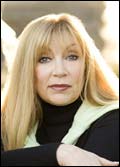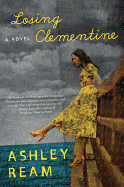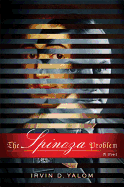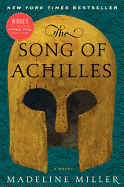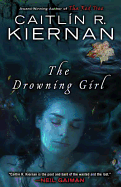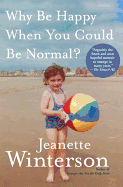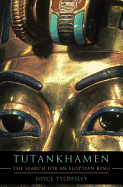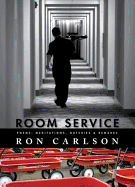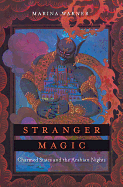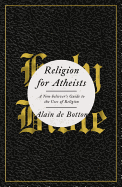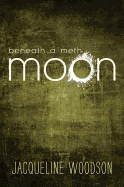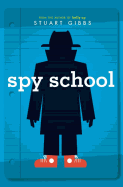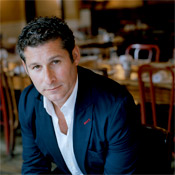 Chris Pavone lived in Luxembourg while his wife worked there, and the experience gave him the background for a thriller about a retired spy who becomes stay-at-home mother. Kate Moore struggles with reinvention and boredom, and soon struggles with a growing paranoia. Or is it? With enough twists and turns to match Europe's cobblestone streets, The Expats (Crown) is a riveting story about a spirited woman--mother, wife and spy.
Chris Pavone lived in Luxembourg while his wife worked there, and the experience gave him the background for a thriller about a retired spy who becomes stay-at-home mother. Kate Moore struggles with reinvention and boredom, and soon struggles with a growing paranoia. Or is it? With enough twists and turns to match Europe's cobblestone streets, The Expats (Crown) is a riveting story about a spirited woman--mother, wife and spy.
You lived in Luxembourg for several years. You seem to know a lot about what expat wives do. When you were in Luxembourg, did you hang out with the wives?
Yes, almost exclusively. Our segment of the expat community consisted of husbands with demanding, time-consuming office jobs (most in banking or accounting) and wives who were stay-at-home mothers. So during the day the men were in offices or on business trips, while the playgrounds and cafés and supermarkets were filled with women. Plus me. This made it challenging for me to have a satisfying social life--there were a lot of barriers to real friendship--but on the other hand it provided me with insights into women's lives that I wouldn't have otherwise.
Is Luxembourg really full of people making money and avoiding taxes?
Taxes in Europe--personal and corporate--are much higher than in America. Except in Luxembourg. Which makes the grand duchy extremely attractive if your goal is to minimize tax exposure. On the other hand, it's not a hugely appealing place to be very rich--it isn't Paris or London, Manhattan or Beverly Hills. Luxembourg is not an international cultural center, nor strikingly beautiful; no beaches or mountains, no world-class museums or opera. If you're rich enough to not work, Luxembourg isn't where you're lazing about.
Kate's opposing feelings about being a working mother and a stay-at-home mother become somewhat humorous as we discover what her job was. And you have great asides that catch by surprise, like the Parisian passages "all competing for the best-place-to-kill-someone award." How difficult is it to be funny in a book that is mostly dark and serious?
I tried to make Kate as real as possible. Being real means having a personality, and part of any personality--any personality that I'm going to want to spend time with, or write about--is a sense of humor. Especially to break up the dark and serious bits. I wasn't trying to be Dostoyevsky.
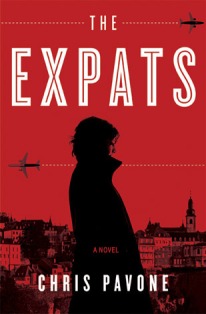 At one point Kate thinks she didn't want to be "a woman without any job, without any professional purpose; but she no longer wanted to be a woman with this job, this purpose." Can a spy really start over? Or can a person with many secrets start over?
At one point Kate thinks she didn't want to be "a woman without any job, without any professional purpose; but she no longer wanted to be a woman with this job, this purpose." Can a spy really start over? Or can a person with many secrets start over?
Well, that's the question, isn't it? I'd like to believe that anyone is able start over, that there are no secrets or lies that can't be atoned for, in some fashion. A central aspect of the book's plot is Kate's journey to answer those very questions about herself, to herself. I shouldn't give away the answers.
Kate, for all of her secrets and espionage skills, is still a believable character that one can relate to. Was it difficult to write her?
Yes, it was difficult to write Kate, and in fact difficult to write the whole thing. Writing a novel is not easy! But while I was working on it, I received a great piece of advice from a friend who's a fiction editor: make sure you always know what it is that your protagonist wants. So I tried to remember that, from the very beginning of the story, when what Kate wants is simply to live a different type of life, to quit her job. (Not very uncommon, is it?) All the rest of her decisions flow from that primal motivation, and the events that are precipitated by it.
On your blog, you talk a lot about food and cooking, but there isn't much food or cooking in The Expats. Did you initially write more about food and have to trim it?
I was a book editor for a decade and a half, and I spent the bulk of my career working on cookbooks, including those from restaurants like Balthazar in New York, and TV personalities such as Giada De Laurentiis, and award-winning books on cocktails or Italian wine, cheese or Mexican cuisine. I love food, and cooking, and restaurants. So yes, I admit that I did write quite a few food-related scenes. But unsurprisingly they didn't do much to advance the plot, so I did indeed need to delete them.
There's money, undercover agents and guns involved, but the real suspense is based on a disintegrating marriage and unknown intentions.... What made you decide to write a suspense novel like this?
The truth is that the novel called The Expats that I started writing had no money or spies or guns. It was about this character's journey of reinvention, about her marriage, about her circle of expat friends; it was a quiet, domestic, real-life story, the type of novel that's commonly called literary; the sort of book I generally prefer to read. But after writing a quarter of that manuscript, I was disappointed to discover that it was boring! So I started thinking about ways to amplify the protagonist's basic challenges of marriage, and of life--raising children, reinventing herself, maintaining a marriage in its second decade--to exaggerated extremes. In the end, I hope the book is still primarily about these universal challenges, albeit in very unusual circumstances.
One of the things I admire about your writing is the sense of pacing both with action and tension and at adding details to Kate's life before and after Luxembourg (like when she's in Paris and knows that a couple is talking with a Madrid accent) to build up a picture of her, and your sense of place. Your background is in editing-- did that help you in writing The Expats?
What was most useful about my background wasn't what I myself did, but rather what I was able to find other book-publishing professionals to do: edit me, help me figure out how to make the book better. The Expats had a half-dozen early-draft readers, followed by a literary agent who used to be a high-level book editor, followed by an editor at the publishing house, all working with me to make the manuscript into its best possible version. The rigor of the traditional publishing process, with a manuscript moving from one professional critic to another, is exhausting. But it works a lot better than hitting "Publish" immediately after typing "The End." --Marilyn Dahl




 At one point Kate thinks she didn't want to be "a woman without any job, without any professional purpose; but she no longer wanted to be a woman with this job, this purpose." Can a spy really start over? Or can a person with many secrets start over?
At one point Kate thinks she didn't want to be "a woman without any job, without any professional purpose; but she no longer wanted to be a woman with this job, this purpose." Can a spy really start over? Or can a person with many secrets start over?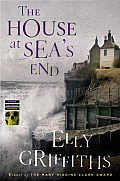 In
In 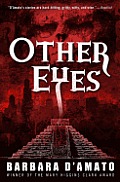 Other Eyes, a carefully structured, stand-alone forensic mystery by Chicago writer
Other Eyes, a carefully structured, stand-alone forensic mystery by Chicago writer 